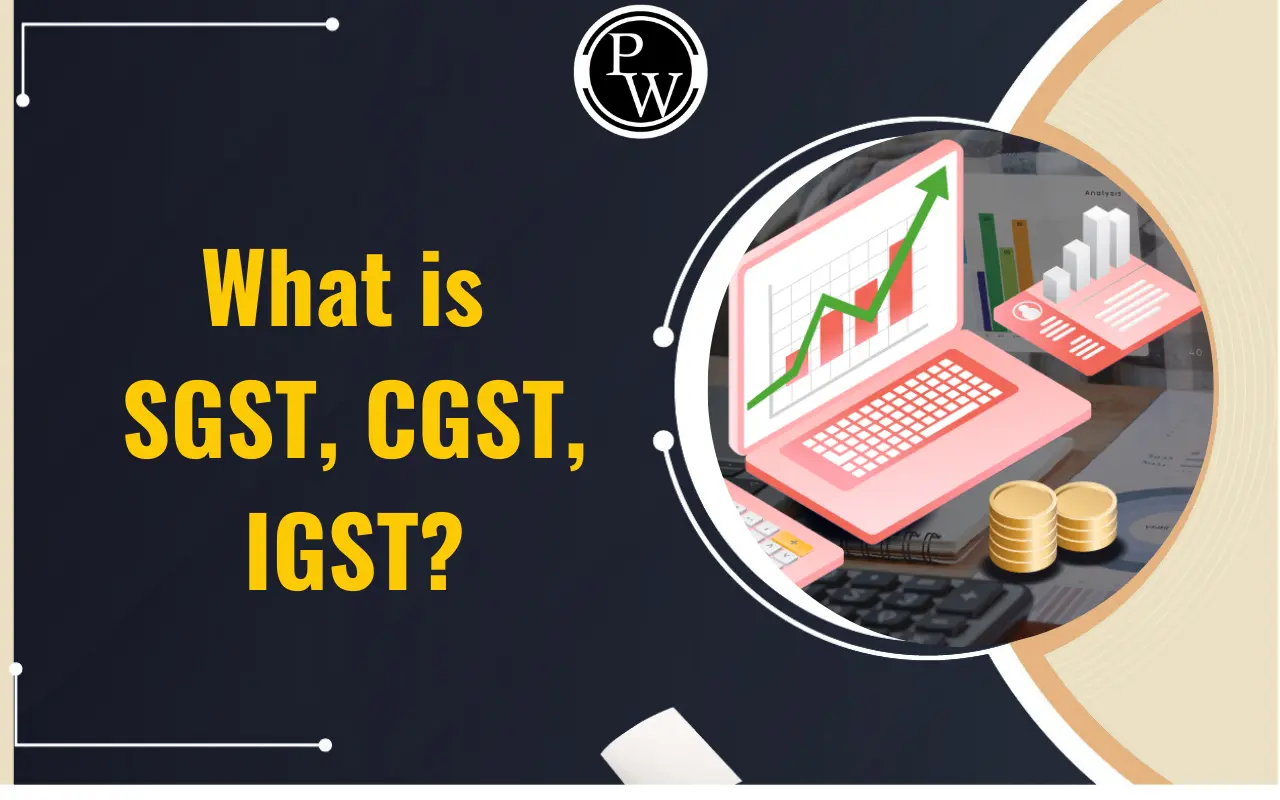
Tax assessments often involve an extensive knowledge of accounting concepts to help customers in filing tax returns that comply with applicable tax laws and regulations. Professionals in this field are often extremely skilled in evaluating financial data and preparing for tax audits for individuals or companies.
Learning about the skills and duties of tax analysis specialists can help determine if this sector is right for you. In this article, we describe a tax analyst, discuss some key skills, and outline their tasks to assist you in better understanding their position.
What is a Tax Analyst?
A tax analyst is a financial advisor who helps companies and wealthy people with their tax returns. They help clients prepare and file their tax returns to ensure they follow all applicable local, state, and federal tax rules and obligations. This might include studying tax laws, evaluating financial data, and advising customers on their finances and taxes.
Tax Analyst Job Description
A Tax Analyst specialises in examining a company's tax liabilities and policies. Maintains current knowledge of federal, state, and local tax laws and codes, aids with company tax filings, maintains tax code compliance, and finds tax-saving options. Here is the job description of a Tax Analyst mentioned below:
-
Job Type: Regular, Full Time
-
Experience Level: Mid or Senior
-
Education: Bachelor's degree in accounting or related field.
-
Skills Requirements: Professional qualification, such as CPA, extensive understanding of tax rules, and a high degree of financial intelligence.
-
Location: The tax analyst might operate remotely or in an office.
Read More - Top Tax Associate Interview Questions 2025
How to Become a Tax Analyst
To become a tax analyst, you must first complete certain educational requirements and consider obtaining certain qualifications to increase your job chances.
Education and Training
To become a tax analyst, you must first get a bachelor's degree. When deciding on a bachelor's degree, you have various alternatives to consider. Your academic program should include different accounting topics to prepare you for your future employment.
Finally, bachelor's degrees in finance, accounting, or related fields are ideal. Although not required, continuing your education to acquire a master's degree can be helpful and may help you advance in your position.
Certifications
Earning a qualification such as a Certified Public Accountant may help you qualify for a position as a tax analyst. To become a certified public accountant, you must pass the CPA test, which is divided into four parts.
Gain Professional Experience
You may be better prepared for a career as a tax analyst if you get relevant work experience, whether it be via an entry-level position or an internship while pursuing a degree. Additionally, to be qualified for a CPA license, the majority of states require at least one year of accounting job experience.
Tax Analyst Responsibilities
As a tax analyst, you will be responsible for a wide range of duties and will work under particular time limits to guarantee that tax returns are submitted on time by state and federal deadlines. Another need for tax analysts is to commit to frequent study to stay updated on any changes in tax legislation. As a tax analyst, you may do the following common duties:
-
Prepare both the federal and state tax returns.
-
Continuously seek information about the most recent advancements in tax rules, both at the union and state levels.
-
Collect the relevant data from customers.
-
Educate clients on tax rules and compliance.
-
Collaborate with accountants, auditors, and taxpayers.
-
Calculating taxes and identifying chances to save money on taxes.
-
Creating financial reports.
Types of Tax Analysts
When it comes to tax analyst jobs, there are various similar professions with different job titles, such as:
-
Property Tax Analyst
-
Income Tax Analyst
-
State tax analyst
-
Federal Tax Analyst
-
Sales Tax Analyst
-
Tax compliance analyst
-
Indirect Tax Analyst
-
Payroll Tax Analyst
-
Tax Analyst Skills
Read More - How To Become a Tax Accountant?
Tax Analyst Skills
As a tax analyst, you must be technically and professionally skilled. Developing these skills can help you qualify for and excel in this position.
Analytical Thinking
Analytical thinking refers to the capacity to think critically and examine data to spot patterns and find solutions. Tax analysts must be able to review their clients' financial data and evaluate the best solutions for tax compliance and benefits.
Communication Skills
Communication skills allow professionals to receive, analyse, and exchange information in both written and verbal forms. To provide financial reports and educate their clients on complex tax laws and regulations, tax analysts need to be excellent communicators.
Industry knowledge
Industry knowledge covers every necessary tax information, such as applicable federal, state, and local rules. This helps tax analysts to do their duties effectively and guarantee that their customers comply with all regulatory requirements.
Technical knowledge
Technical knowledge refers to the capacity to deal with computers and solve basic problems. Tax analysts must be proficient with computers and software specialized to their sector.
Tax Analyst Salary
The average pay for tax analysts is around 15,000,000. However, keep in mind that specific salaries might differ. Some elements that may influence a tax analyst's salary include their company, geographic location, information, education, and experience.
Build Your Career with Accounting and Taxation Course
The PW Accounting and Taxation Course aims to give you the skills, knowledge, and practical experience required to excel in the accounting sector. This four-month hybrid learning program, delivered on weekdays through recorded and live lectures, includes practical case studies led by PwC India.
FAQ
What is the work of a tax analyst?
What are the duties of a tax consultant?
What major is best for taxes?
Is a tax officer a good job?
What is an analyst interview?










